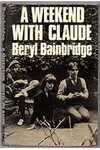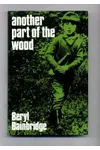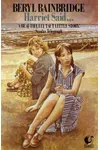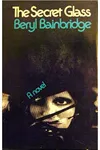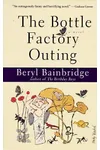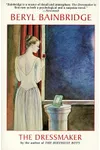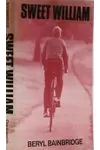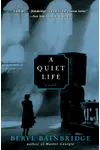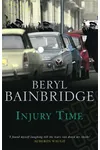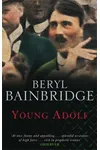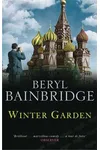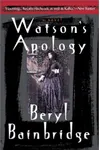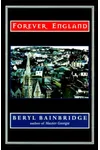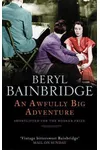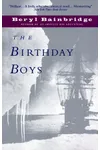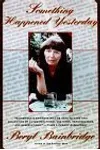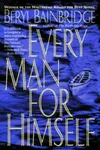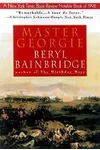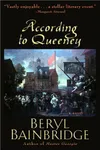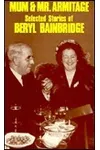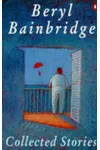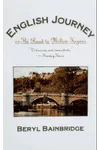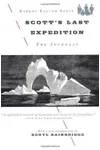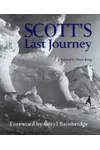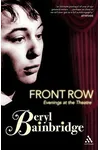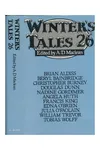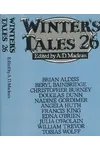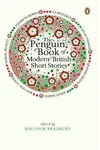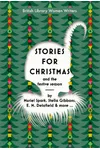Picture a Liverpool lass spinning tales of dark humor and historical intrigue—meet Beryl Bainbridge! Born in 1932, this British novelist transformed her tumultuous life into psychological fiction that captivated readers. With a knack for blending wit with macabre themes, Bainbridge’s novels, like Master Georgie and Every Man for Himself, earned her a revered spot in literary history.
From her chaotic childhood to her Booker Prize nominations, Bainbridge’s journey was as compelling as her stories. Her ability to weave complex characters into historical settings made her a standout in historical fiction, leaving a legacy that still resonates today.
The Making of Beryl Bainbridge
Beryl Margaret Bainbridge was born on November 21, 1932, in Liverpool’s Allerton suburb, growing up in nearby Formby. Her parents’ volatile marriage, marked by verbal sparring, shaped her sharp eye for human flaws. As a teen, she fell for a German ex-prisoner of war, a romance thwarted by bureaucracy. After a brief stint as an actress, including a 1961 Coronation Street cameo, Bainbridge turned to writing, drawing from her chaotic youth. Her first novel, Harriet Said..., was initially rejected for its “repulsive” characters but later published in 1972, launching her career.
Despite personal struggles, including a 1958 suicide attempt and a divorce that left her a single mother of two, Bainbridge’s resilience shone through. Her relationship with novelist Alan Sharp, with whom she had a third child, fueled her creative drive, setting the stage for her literary rise.
Beryl Bainbridge’s Unforgettable Stories
Bainbridge’s early novels, like The Bottle Factory Outing (1974), were darkly comic tales of working-class life, earning her two Whitbread Awards and multiple Booker nominations. In the 1990s, she pivoted to historical fiction, crafting vivid narratives around real events. Every Man for Himself (1996), set aboard the doomed Titanic, won the 1996 Whitbread Award for its sharp portrayal of class and betrayal. Master Georgie (1998), a haunting Crimean War tale, secured the James Tait Black Memorial Prize, praised for its layered characters and stark war depictions.
Her final novel, According to Queeney (2001), explored Samuel Johnson’s life through Queeney Thrale’s eyes, blending fact and fiction with her signature wit. Bainbridge’s style—terse, ironic, and psychologically acute—turned historical events into intimate human dramas. Her slim novels packed a punch, demanding readers’ attention to catch subtle clues and unravel hidden truths.
Whether depicting Liverpool’s gritty streets or the Titanic’s opulent decks, Bainbridge’s stories thrived on ambiguity and human complexity. Her use of photography as a metaphor in Master Georgie underscored her fascination with distorted truths, making her work both challenging and rewarding.
Why Beryl Bainbridge Matters
Bainbridge’s influence on historical fiction lies in her refusal to romanticize the past. Her novels, devoid of nostalgia, exposed the chaos and absurdity of human nature, earning her a place among Britain’s literary elite. Named one of the “50 greatest British writers since 1945” by The Times in 2008, she was a “national treasure” whose five Booker shortlists cemented her reputation, even without a win. The posthumous “Best of Beryl” prize in 2011, where Master Georgie triumphed, reflected her enduring fanbase.
Her legacy endures through adaptations like An Awfully Big Adventure (1995), starring Hugh Grant, and her impact on writers who admire her minimalist yet profound storytelling. Bainbridge’s ability to find humor in tragedy continues to inspire readers to see history through a sharper lens.
About Beryl Bainbridge
- Born: November 21, 1932, Liverpool, England
- Key Works: Master Georgie, Every Man for Himself, The Bottle Factory Outing
- Awards: Whitbread Awards (1977, 1996), James Tait Black Memorial Prize (1998)
- Died: July 2, 2010, London, England
Snag Master Georgie and dive into Beryl Bainbridge’s darkly witty world of historical fiction!
